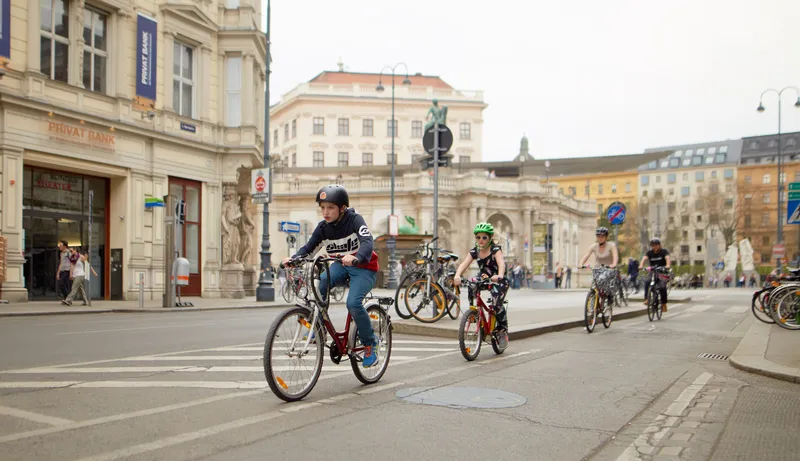According to Paul de Vos, strategic advisor at engineering and consultancy firm Royal HaskoningDHV, European policy forces local authorities to make huge investments in traffic noise reduction.
Until 2017, European governments will be spending US$168 billion for noise barriers, quieter roads and measures related to the negative effects of traffic noise, including damage to health. However, by simply making cars quieter, the total cost to the taxpayer could be reduced by a factor of twenty.
November 8, 2013
Read time: 3 mins
According to Paul de Vos, strategic advisor at engineering and consultancy firm 6132 Royal HaskoningDHV, European policy forces local authorities to make huge investments in traffic noise reduction.
Until 2017, European governments will be spending US$168 billion for noise barriers, quieter roads and measures related to the negative effects of traffic noise, including damage to health. However, by simply making cars quieter, the total cost to the taxpayer could be reduced by a factor of twenty.
All the more remarkable, then, that no legislation is forthcoming, says de Vos, chairing a session on the subject at the Geluid, Trillingen en Luchtkwaliteit (Sound, Vibrations and Air Quality) congress in the Netherlands.
According to the1819 World Health Organisation, 210 million European citizens (44 per cent of the EU population) are exposed to traffic noise and risks to their health on a daily basis. Says De Vos: “It makes perfect sense for governments to invest in measures to limit noise. However, it can be done much cheaper.”
A study by research organisation7087 TNO shows that the cost of making road traffic quieter adds up to a total of US$168 billion of tax-payer money. According to TNO, making cars quieter would cost the industry US$9 billion. De Vos explains: “For the consumer it comes down to the choice: either to add US$27 to the cost of a new car, or pay an additional US$537 in tax for noise barriers and healthcare costs.”
The topic of noise limits for road vehicles was up for debate for the third time in Brussels, by three European institutions: the Parliament, the Council and the Commission. Dutch influence in the process is limited, De Vos recognises: “The Dutch government is subject to European regulations. In practice, the words of countries with large car industries carry the most weight in Europe. In addition, the car industry itself has a major voice in the discussion.” De Vos fears that the talks will only result in muddling through with the current policy. The European sound norms date from 1970 and have been modified three times since then, but to limited effect due to the test methods being modified at the same time.
De Vos discussed how the actual standards will serve the public the most, saying: ‘It is time that the 210 million European citizens are given a voice in this debate.’
Until 2017, European governments will be spending US$168 billion for noise barriers, quieter roads and measures related to the negative effects of traffic noise, including damage to health. However, by simply making cars quieter, the total cost to the taxpayer could be reduced by a factor of twenty.
All the more remarkable, then, that no legislation is forthcoming, says de Vos, chairing a session on the subject at the Geluid, Trillingen en Luchtkwaliteit (Sound, Vibrations and Air Quality) congress in the Netherlands.
According to the
A study by research organisation
The topic of noise limits for road vehicles was up for debate for the third time in Brussels, by three European institutions: the Parliament, the Council and the Commission. Dutch influence in the process is limited, De Vos recognises: “The Dutch government is subject to European regulations. In practice, the words of countries with large car industries carry the most weight in Europe. In addition, the car industry itself has a major voice in the discussion.” De Vos fears that the talks will only result in muddling through with the current policy. The European sound norms date from 1970 and have been modified three times since then, but to limited effect due to the test methods being modified at the same time.
De Vos discussed how the actual standards will serve the public the most, saying: ‘It is time that the 210 million European citizens are given a voice in this debate.’







